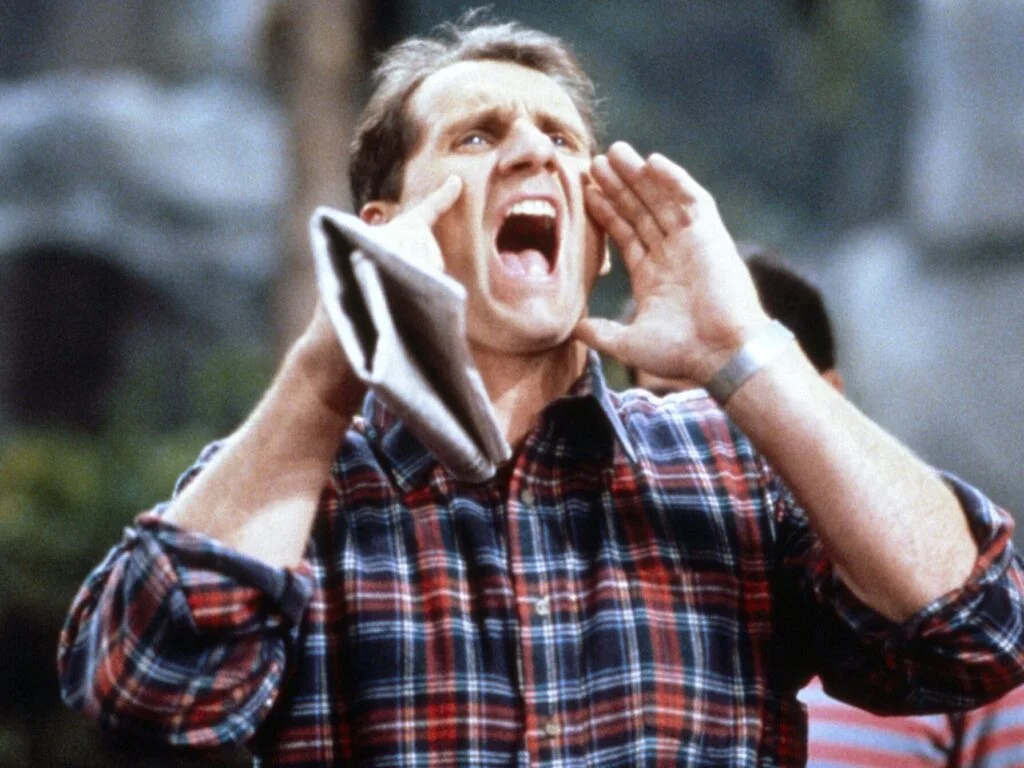Remember those classic TV dads we all grew up watching? They were the kings of their castles, dispensing wisdom from their recliners while Mom handled the day-to-day chaos. Back then, these fictional fathers seemed like the gold standard of parenting – strong, decisive, and always ready with a life lesson wrapped in gentle humor. But if we transported these beloved patriarchs to today’s world of hands-on parenting and emotional intelligence, they might find themselves on the receiving end of some serious side-eye from modern families.
1. Ward Cleaver – Leave It to Beaver
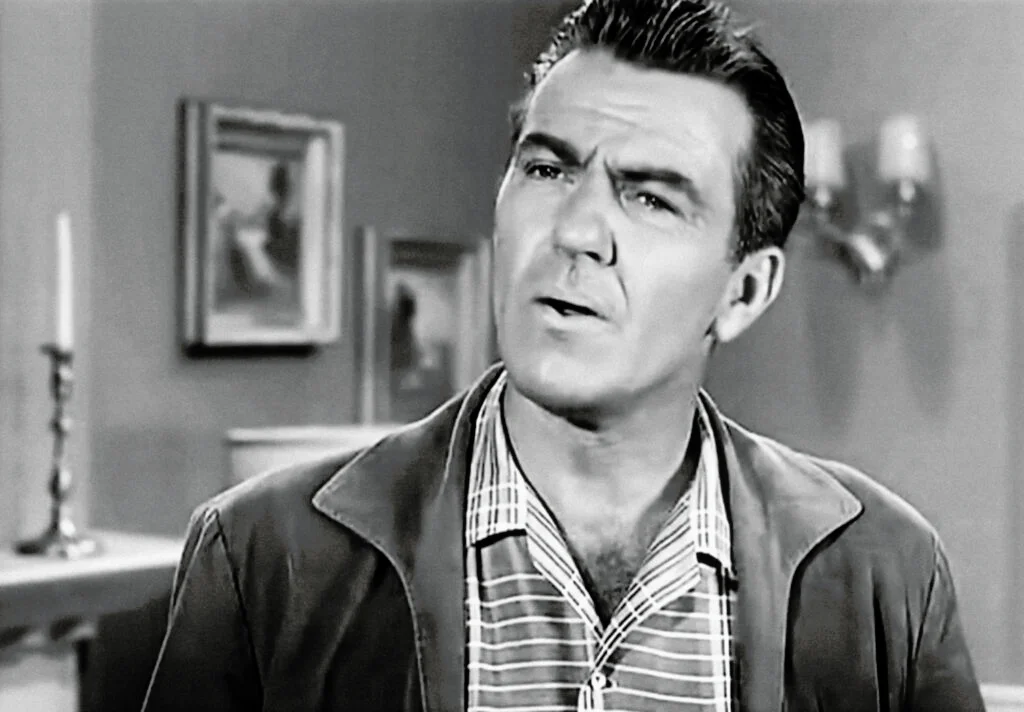
Ward Cleaver was the epitome of the well-dressed, pipe-smoking suburban dad who always seemed to have the perfect answer for every childhood dilemma. He’d come home from his mysterious office job, don his cardigan, and dispense fatherly wisdom while June handled literally everything else around the house. His idea of quality time was a serious heart-to-heart talk in his den, complete with moral lessons that wrapped up neatly in 30 minutes.
Today’s helicopter parents would have a field day with Ward’s hands-off approach to his sons’ daily lives. While he was busy being the voice of reason, June was doing all the actual parenting – from packed lunches to scraped knees to teacher conferences. Modern dads would wonder how Ward managed to stay so blissfully unaware of his children’s schedules, friends, and day-to-day struggles while still maintaining his reputation as the neighborhood’s model father.
2. Archie Bunker – All in the Family
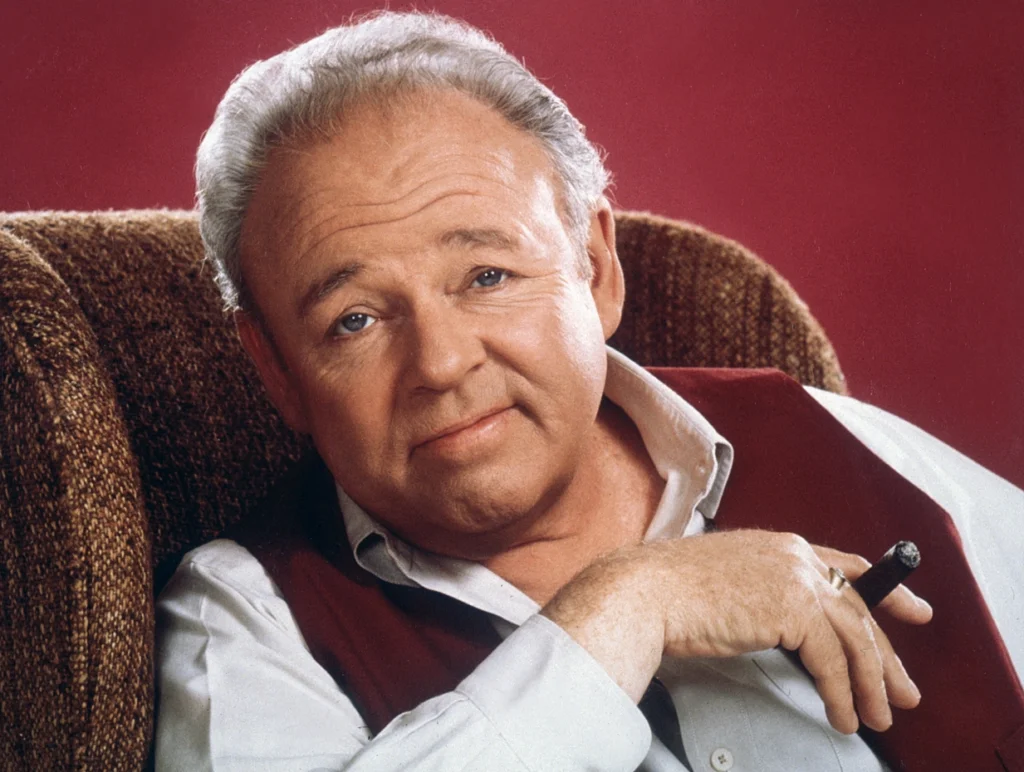
Archie Bunker was the blue-collar patriarch who said what he thought without much regard for political correctness or hurt feelings, representing a generation of working-class fathers who ruled their households with firm opinions and firmer voices. His approach to parenting was straightforward and traditional – children should respect their elders, work hard for what they want, and understand that life isn’t always fair or easy. Archie’s love for his family was never in question, even when his delivery left something to be desired and his worldview seemed stuck in another era.
Today’s parents would have serious concerns about Archie’s casual bigotry and his tendency to shut down conversations with authority rather than engaging in meaningful dialogue. His dismissive attitude toward his son-in-law Mike’s liberal views and his daughter Gloria’s evolving independence would seem particularly problematic in an era that values open communication and respect for different perspectives. Modern fathers would recognize that Archie’s heart was often in the right place, but they’d definitely encourage him to work on his listening skills and maybe attend a sensitivity training seminar or two.
3. Mike Brady – The Brady Bunch
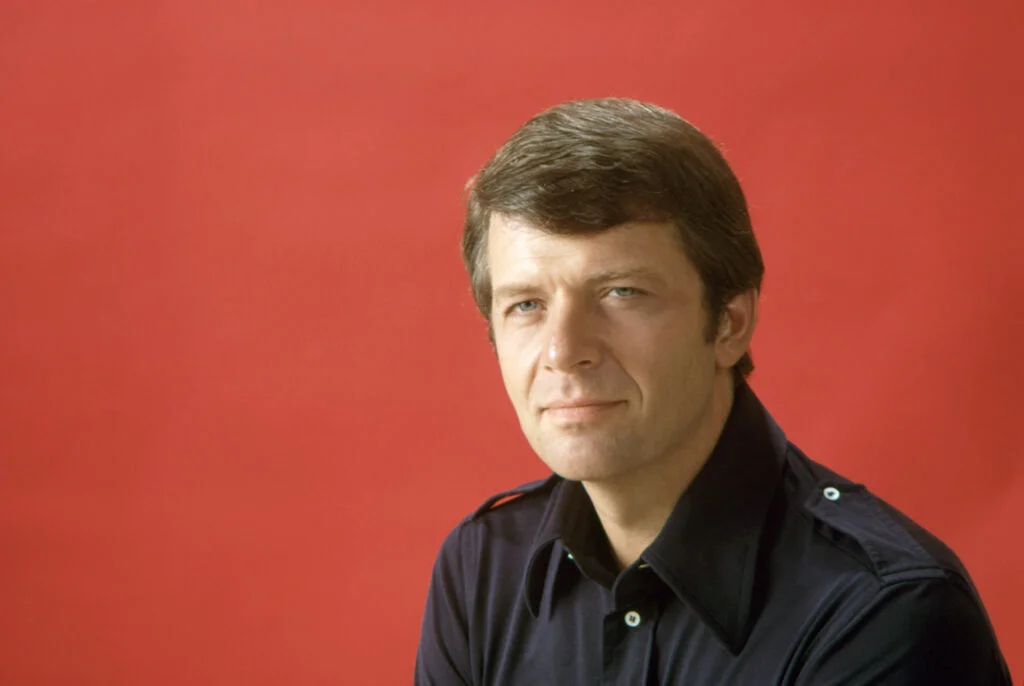
Mike Brady managed to blend two families with the efficiency of a corporate merger, complete with matching outfits and synchronized life lessons. His architectural background apparently qualified him to design solutions for everything from sibling rivalry to teenage angst, usually while standing at the foot of that famous staircase. Mike’s parenting style was all about fairness and family meetings, where problems were discussed and resolved with the same methodical approach he’d use for blueprint revisions.
Today’s blended family experts would probably appreciate Mike’s commitment to treating all six kids equally, but they might wince at his tendency to oversimplify complex family dynamics. His one-size-fits-all approach to parenting might not fly in an era where we understand that each child needs individualized attention and different communication styles. Modern step-parents would also notice that Mike rarely acknowledged the messy emotions and adjustment periods that come with blending families – everything always seemed to work out a little too perfectly in the Brady household.
4. Al Bundy – Married… with Children
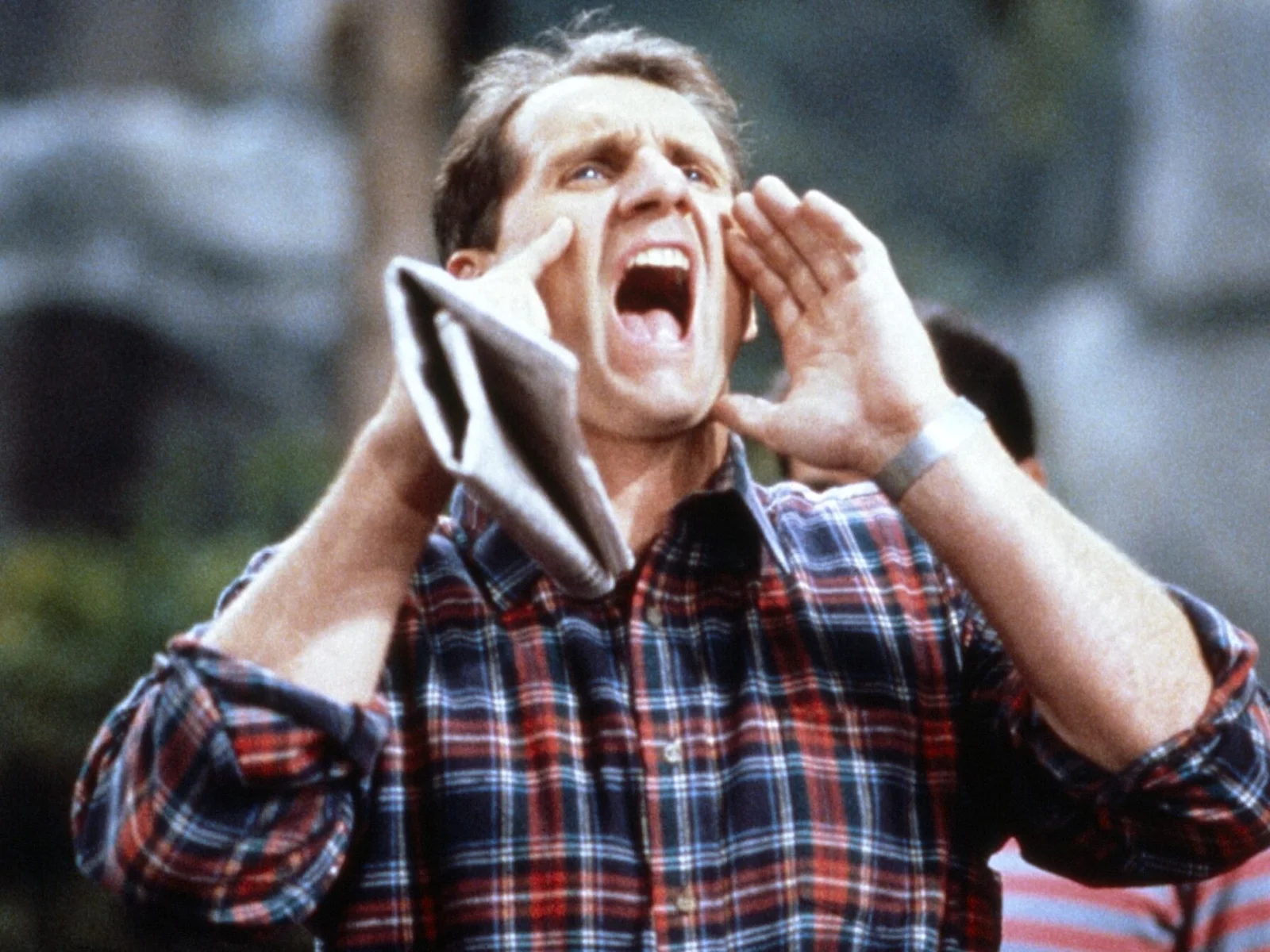
Al Bundy was the perpetually frustrated shoe salesman who lived in the past glory of his high school football days while struggling to make ends meet and maintain his sanity in suburban Chicago. His parenting philosophy was refreshingly honest about the realities of family life – kids are expensive, teenagers are impossible, and sometimes parents just need to survive until the children move out. Al’s approach was built on sarcasm, low expectations, and the occasional moment of genuine pride in his children’s accomplishments, even when he tried to hide it.
Today’s positive parenting advocates would have serious concerns about Al’s constant put-downs and his tendency to express love through insults and emotional distance. His casual dismissal of his children’s dreams and aspirations would alarm modern parents who believe in nurturing self-esteem and encouraging individual growth. Contemporary fathers would recognize that Al’s frustrations were often justified, but they’d definitely encourage him to find more constructive ways to express his feelings and maybe consider some family therapy to address the underlying issues in the Bundy household.
5. George Jefferson – The Jeffersons
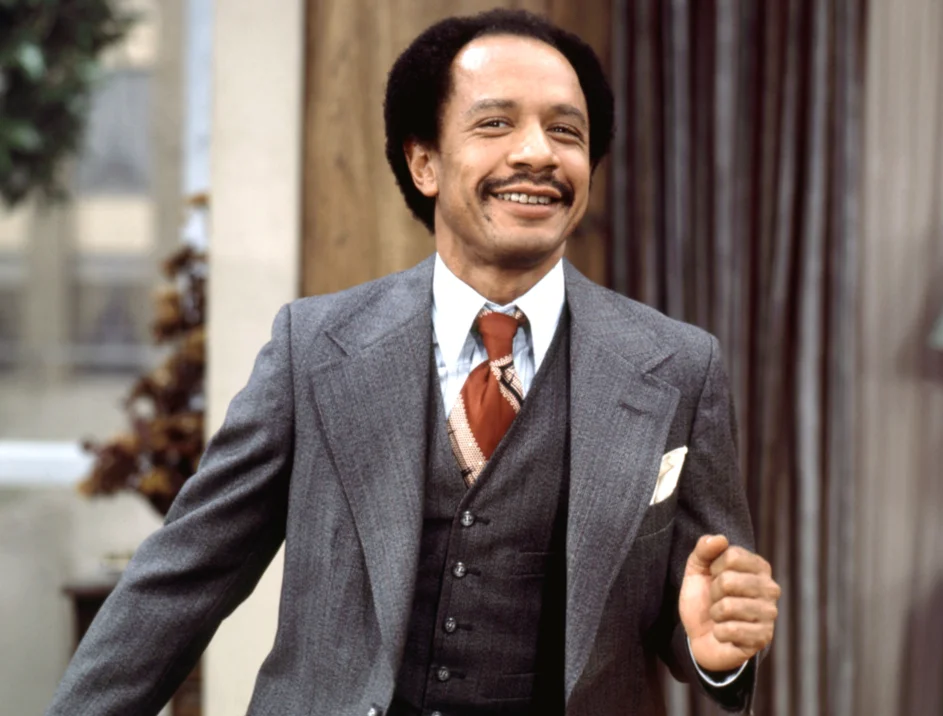
George Jefferson was the successful dry-cleaning entrepreneur who moved his family to the East Side after building his business empire, bringing his strong opinions and bigger-than-life personality to an upscale Manhattan apartment. His parenting style was built on the belief that success came through hard work, determination, and never backing down from a fight – lessons learned from his own struggles to build a business and provide for his family. George’s approach was tough love mixed with fierce pride, expecting his son Lionel to appreciate the opportunities that George’s success had created.
Modern parents might admire George’s work ethic and his determination to provide better opportunities for his family, but they’d probably wince at his frequently harsh criticism and his tendency to dismiss his son’s different perspectives and values. His resistance to changing social attitudes and his discomfort with Lionel’s interracial relationship would definitely raise eyebrows in today’s more inclusive parenting environment. Contemporary fathers would appreciate George’s devotion to his family’s success, but they’d encourage him to be more supportive of his son’s individual choices and maybe work on expressing pride without the accompanying lectures about gratitude and hard work.
6. Charles Ingalls – Little House on the Prairie
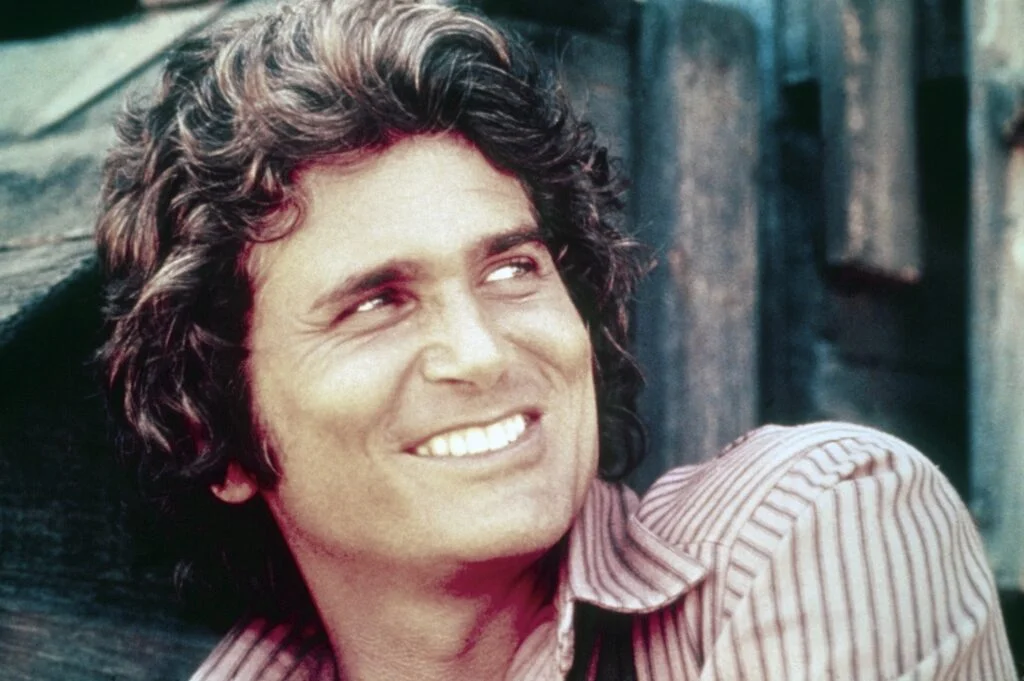
Charles Ingalls was the pioneer father who led his family across the frontier with unwavering faith, endless optimism, and a work ethic that could move mountains – or at least build houses on them. His parenting philosophy was rooted in Christian values, hard work, and the belief that character was built through adversity and service to others. Charles approached every challenge with patience and wisdom, teaching his daughters that integrity and kindness were more valuable than material wealth or social status.
While modern parents would deeply admire Charles’s moral compass and his dedication to his family, they might worry about his tendency to uproot the family whenever wanderlust struck or economic opportunities beckoned elsewhere. His somewhat romanticized view of poverty and hardship, while character-building, would concern today’s parents who understand the real psychological impact of financial instability on children. Contemporary fathers would appreciate Charles’s hands-on parenting and his commitment to teaching values, but they’d probably encourage him to consider his children’s need for stability and maybe consult with his wife before making major life decisions that affected the whole family.
7. Jason Seaver – Growing Pains
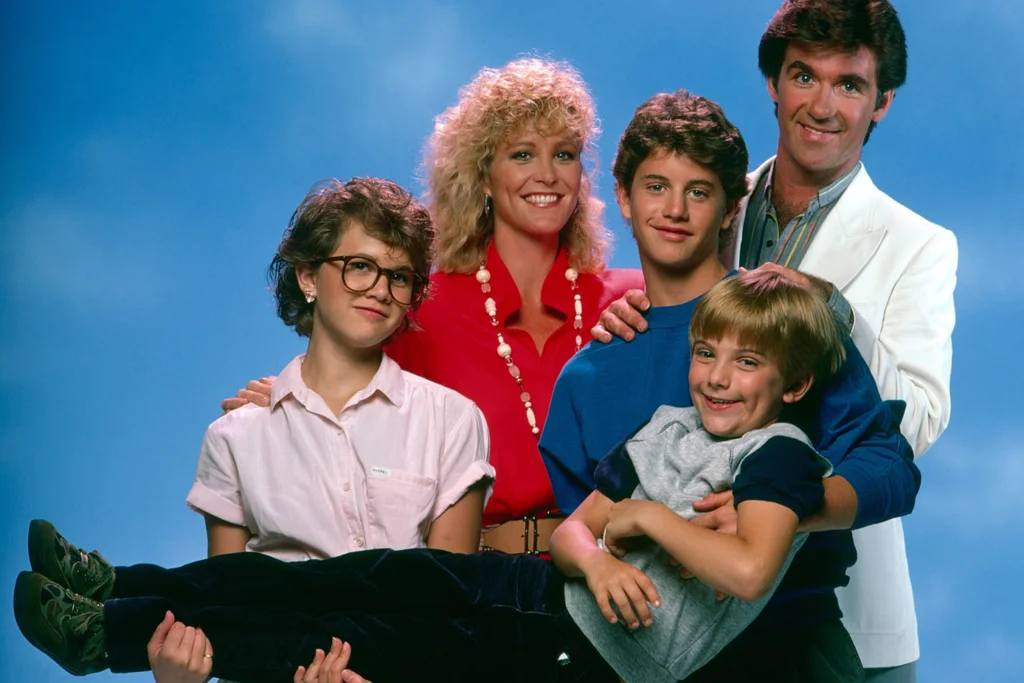
Jason Seaver was the psychiatrist-turned-stay-at-home-dad who worked from home while his wife pursued her journalism career, representing a progressive role reversal that was ahead of its time in the 1980s. His approach to parenting combined his professional understanding of child psychology with hands-on daily involvement, creating a household where feelings were discussed and problems were analyzed with therapeutic insight. Jason’s parenting style was built on communication, understanding, and the belief that every family crisis was an opportunity for growth and learning.
Today’s parents might appreciate Jason’s emotional intelligence and his willingness to take on domestic responsibilities, but they’d probably find his constant psychoanalysis of his children’s behavior somewhat overwhelming and intrusive. His tendency to turn every teenage problem into a case study would concern modern advocates for allowing kids to just be kids without constant psychological evaluation. Contemporary fathers would admire Jason’s hands-on approach and professional expertise, but they might suggest he occasionally put away the therapist hat and just be a regular dad who doesn’t need to analyze every family interaction.
8. John Walton Sr. – The Waltons
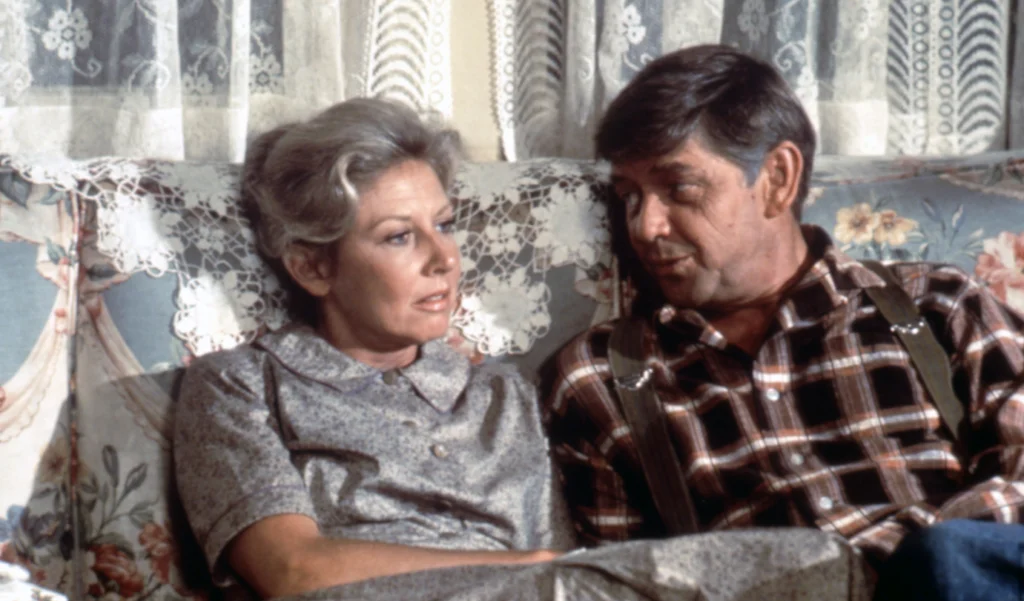
John Walton Sr. embodied the strong, silent type who led his Depression-era family through hard times with quiet dignity and unwavering principles. His parenting style was built on traditional values, hard work, and the belief that character was forged through adversity and responsibility. John Sr. wasn’t big on expressing emotions, but his love for his family was evident in his tireless work ethic and his commitment to keeping the family together through economic hardship.
While modern parents might admire John Sr.’s dedication and work ethic, they’d probably encourage him to open up more emotionally with his children. His tendency to shoulder all the family’s financial worries without discussing them would concern today’s advocates for family communication and shared responsibility. Contemporary fathers would also note that John Sr.’s traditional gender roles, while appropriate for his era, might seem limiting in today’s world where dads are expected to be more emotionally available and involved in all aspects of child-rearing.
9. Danny Tanner – Full House
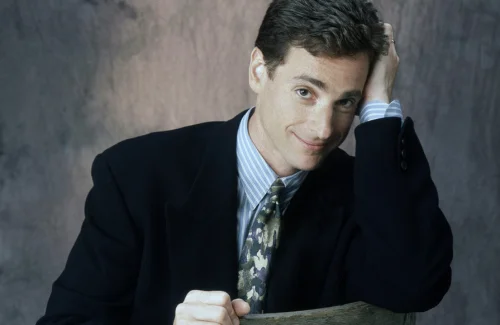
Danny Tanner was the neat-freak single father who raised three daughters with help from his brother-in-law and best friend, creating an unconventional but loving household after losing his wife. His approach to parenting was built on open communication, group hugs, and the belief that every problem could be solved with a heartfelt conversation in someone’s bedroom. Danny’s obsessive-compulsive tendencies about cleanliness and organization provided comic relief, but his emotional availability and willingness to discuss feelings made him surprisingly progressive for his time.
Modern parents would probably appreciate Danny’s emotional intelligence and his commitment to talking through problems, but they might worry about his tendency to involve the entire household in every family crisis. His reliance on his male roommates to help raise his daughters, while practical, would raise questions today about appropriate boundaries and the need for female role models in his girls’ lives. Contemporary single fathers would also be concerned about Danny’s lack of dating life and social connections outside the house – today’s parenting experts know that kids benefit when their parents have healthy relationships and interests beyond child-rearing.
10. Ben Cartwright – Bonanza
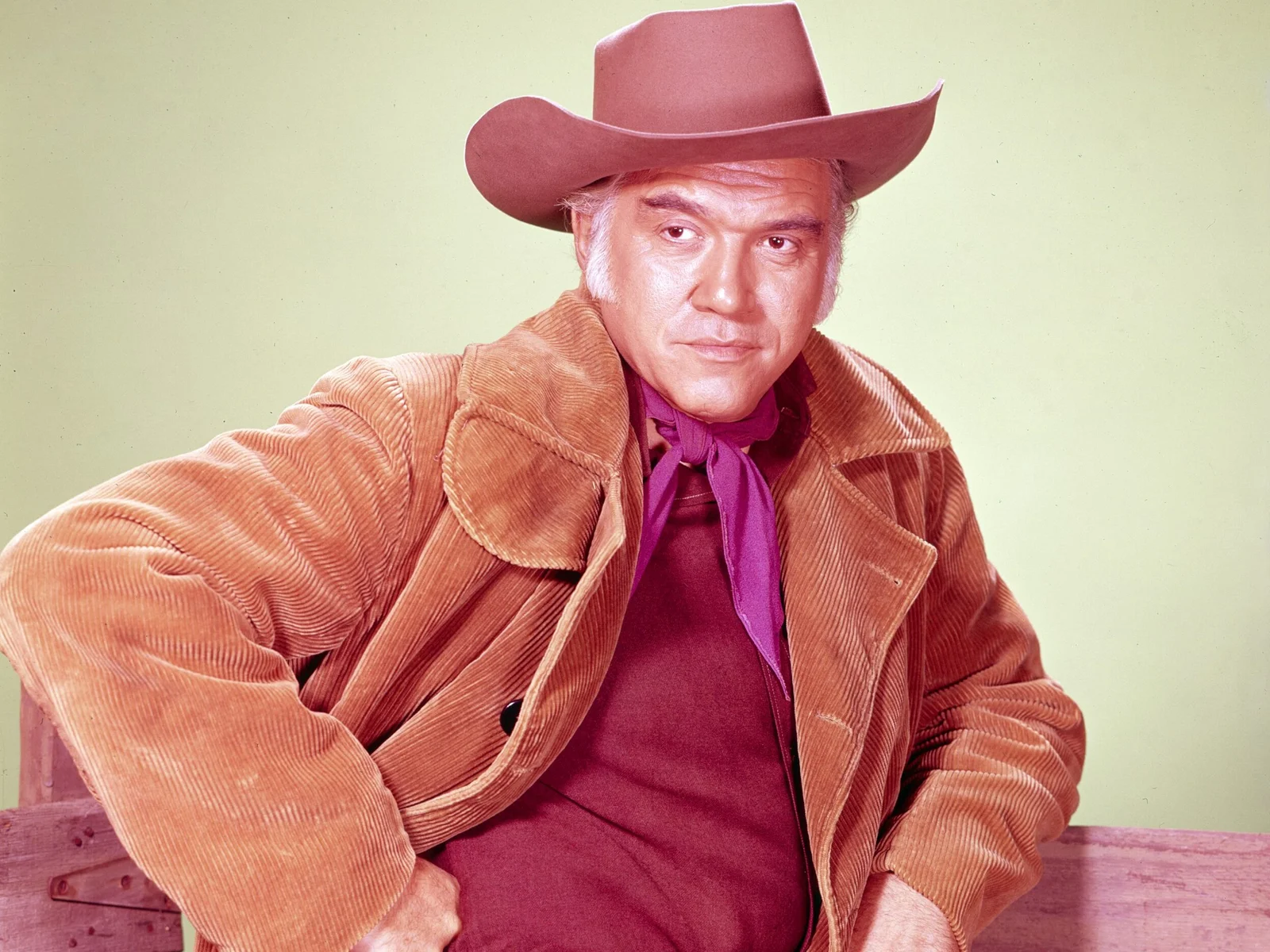
Ben Cartwright managed the Ponderosa ranch while raising three very different sons, each from a different mother, with wisdom gained from frontier living and personal loss. His parenting philosophy was shaped by the harsh realities of the Old West – teach your boys to be men, stand up for what’s right, and handle problems with courage and integrity. Ben’s approach was necessarily practical, focusing on survival skills and moral character rather than emotional expression or psychological insight.
Modern single fathers might admire Ben’s ability to raise three successful sons under challenging circumstances, but they’d probably want him to address the obvious issues surrounding his sons’ different mothers and their family dynamics. His reluctance to discuss emotions or process grief – both his own and his sons’ – would concern today’s advocates for mental health and emotional intelligence. Contemporary parents would also note that Ben’s shoot-first-ask-questions-later approach to conflict resolution, while exciting for television, wouldn’t fly in today’s world of mediation and peaceful problem-solving.
11. Tim Taylor – Home Improvement
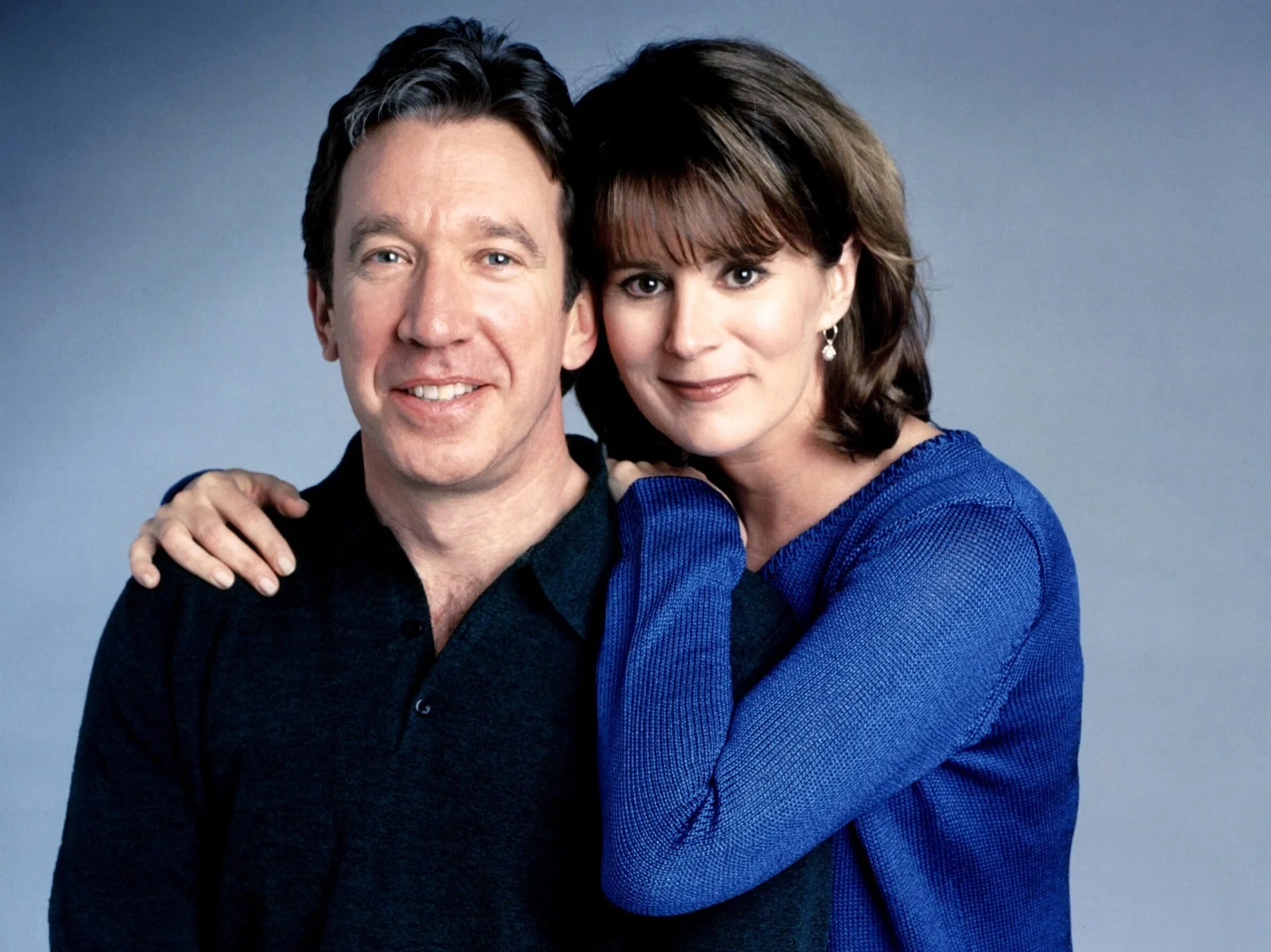
Tim “The Tool Man” Taylor was the ’90s dad who thought more power was the solution to every problem, whether he was souping up appliances or dispensing fatherly advice. His parenting style was built around masculine bonding activities like working with tools, watching sports, and engaging in friendly competition with his three sons. Tim’s heart was always in the right place, but his execution often left something to be desired, leading to both hilarious disasters and surprisingly touching father-son moments.
Today’s safety-conscious parents would have a field day with Tim’s workshop practices and his tendency to turn every family project into a potential emergency room visit. His obsession with traditional masculinity and his discomfort with emotional conversations would definitely raise eyebrows in an era where dads are encouraged to embrace vulnerability and emotional intelligence. Modern fathers would appreciate Tim’s enthusiasm for spending time with his boys, but they’d probably suggest he invest in some safety equipment and maybe a few parenting books while he’s at it.
12. Red Forman – That ’70s Show
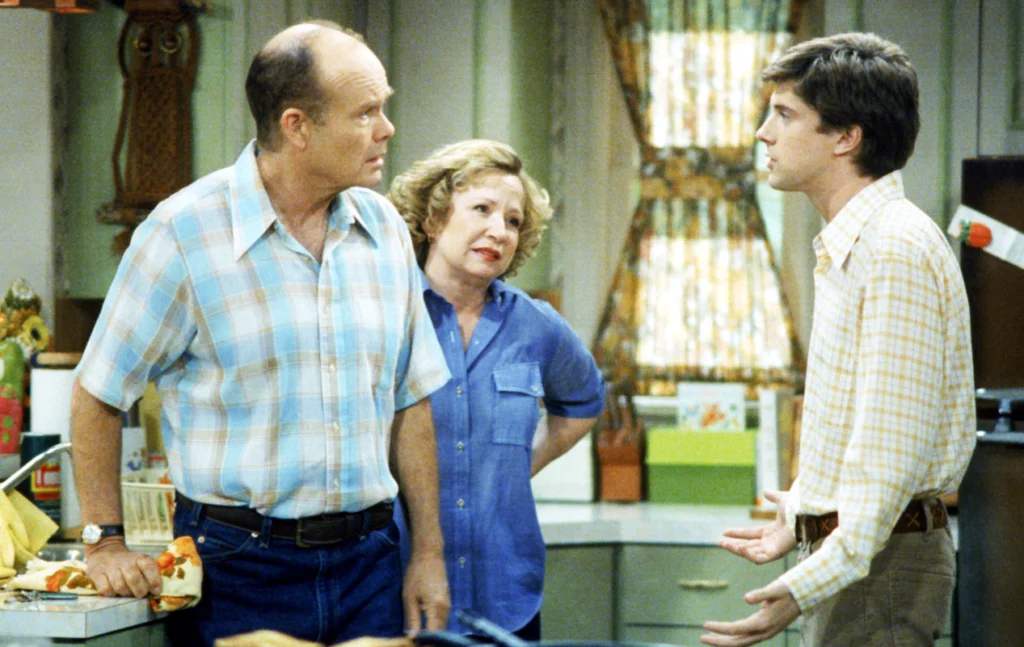
Red Forman was the no-nonsense Korean War veteran who ruled his household with military precision and a vocabulary that relied heavily on threats to put his foot in various uncomfortable places. His approach to parenting was old-school tough love – kids should work hard, respect their elders, and understand that life wasn’t going to hand them anything on a silver platter. Red’s parenting style was built on discipline, consequences, and the belief that a little fear of parental authority never hurt anybody and probably built character.
Today’s child development experts would have serious concerns about Red’s frequent threats of physical punishment and his emotionally distant communication style. His tendency to shut down conversations with authority rather than engaging in dialogue would alarm modern parents who value open communication and emotional connection with their children. Contemporary fathers would recognize that Red’s heart was in the right place and his lessons about work ethic and responsibility were valuable, but they’d definitely encourage him to work on his delivery and maybe consider some anger management techniques to help him express love and concern without the intimidation factor.
These beloved TV dads gave us comfort and stability during simpler times, when families gathered around one television set and problems could be solved in half an hour minus commercials. While their parenting methods might seem outdated by today’s standards, their dedication to their families and their desire to raise good kids remains timeless. Perhaps the real lesson here isn’t about judging these fictional fathers by modern standards, but appreciating how much our understanding of parenting has evolved – and maybe, just maybe, missing the days when the biggest family crisis was whether Beaver would confess to breaking a window or if the Brady kids could agree on a family vacation destination.
This story Why These Iconic Sitcom Dads Would Get Side-Eyes Today was first published on Takes Me Back.

